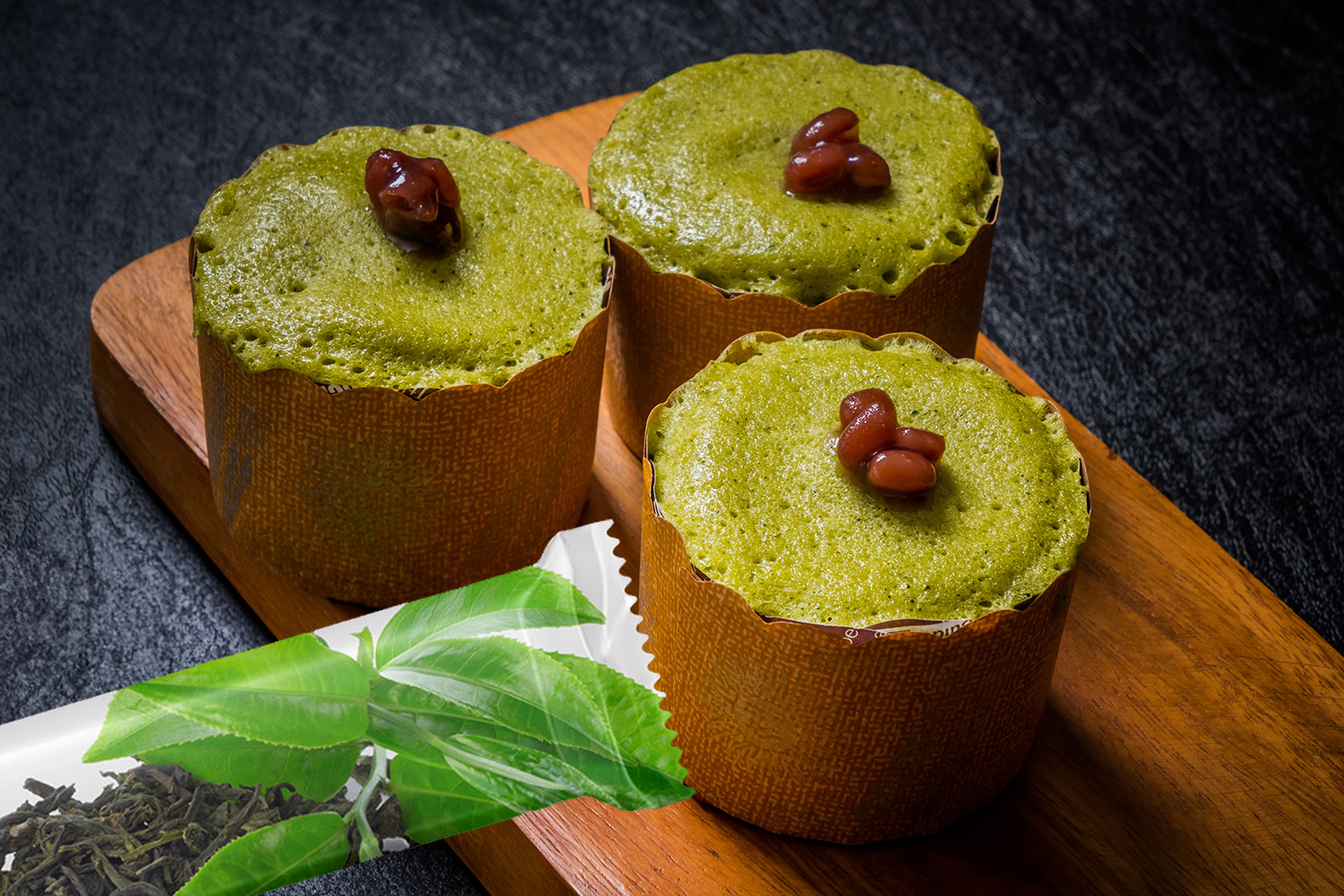12
Feb
2025


The health-promoting activities of dietary phytogenic compounds, or polyphenols, have been widely investigated for use in the baked goods industry. These compounds, found in essential oils, spices, fruits, vegetables, cereals, tea, coffee, alfalfa, and red wine (resveratrol), have been shown to enhance gut health, and can potentially serve as alternatives to medicated additives. Given that consumers are increasingly looking for natural health solutions, polyphenols become an attractive and cost-effective option.
Mechanisms of Polyphenols
The effectiveness of dietary polyphenols largely depends on their bioavailability, which is influenced by their degree of polymerization and degradation by intestinal enzymes and microbes. The native gut microbiota play a crucial role in modulating the bioavailability and biological activity of polyphenols, particularly high-molecular-weight ones. Conversely, polyphenols can also alter the composition or activity of gut microbes in the colon, acting similarly to prebiotics or antibacterial agents. This modulation benefits the host by protecting against gastrointestinal disorders, enhancing nutrient digestion, reducing serum cholesterol, reinforcing intestinal epithelial cell tight junctions (countering leaky gut syndrome), increasing mucus secretion, and modulating the immune response via cytokine stimulation.
The health-boosting activities of dietary polyphenols include anti-inflammatory, antioxidant, anti-carcinogenic, anti-adipogenic, anti-diabetic, and neuroprotective potentials; one or more of these activities may explain why consumption of polyphenol-rich foods may reduce the prevalence of these chronic diseases. Their antioxidant activity ultimately reduces reactive oxygen species and neutralizes carcinogenic metabolites, while their combined effects contribute to overall health benefits. Polyphenols also help modulate the immune system by affecting white blood cell proliferation and cytokine production. The importance of a balanced immune system has been underscored by the COVID-19 pandemic, and interest is likely to grow with the aging population, as elderly individuals are more susceptible to infections.
Microencapsulating Resveratrol for Stability and Bioavailability
Once ingested, polyphenols undergo significant microbial degradation, reducing their bioavailability compared to traditional nutrients. Depending on their solubility and structural complexity, some polyphenols are absorbed in the small intestine, while the rest are processed by colonic bacteria. For example, only 5-10% of dietary polyphenols may be absorbed by the small intestine; the remaining fraction is attacked by colonic bacteria forming complexes that may either be absorbed or excreted. Resveratrol, known for its antioxidant, anti-inflammatory, anti-carcinogenic, anti-obesity, and heart/brain-protective effects, has found limited use in the food industry due to its chemical instability and low oral bioavailability. Until recently, that is.
Maxx Performance has developed a microencapsulation solution to enhance the stability and bioavailability of resveratrol in diets for both humans and companion animals. Dogs fed diets with slow-released microencapsulated resveratrol showed improved mobility, decreased osteoarthritis, healthy inflammatory response, and health free radical levels, suggesting that microencapsulation significantly boosts resveratrol's stability and bioavailability to reduce oxidative stress.
Microencapsulating Green Tea Polyphenols to Mask the Bitter Taste
Green tea is rich in polyphenols like catechins and flavonoids, as well as epigallocatechin gallate (EGCG), epigallocatechin, and other antioxidants, providing health benefits such as reduced inflammation, anti-aging, and the prevention of chronic diseases, including cancer, diabetes, arthritis, heart disease, and others. However, the challenges associated with incorporating green tea polyphenols hinder its widespread use. One challenge with green tea polyphenols is their bitter taste, which has prevented them from being incorporated into everyday foods and ingredients like chocolate, baked goods, malts, salads, and cereals. Another challenge is stabilizing powdered green tea for slow release, ensuring it reaches the lower gut in its active form by preventing polyphenol degradation by gut bacteria.
 Source: norikko / Shutterstock.com + AI image generation
Source: norikko / Shutterstock.com + AI image generation
While the food industry has tried costly dairy products, high-priced flavors, sweeteners, bitter blockers, and other bulking agents to mask the bitterness of green tea and other polyphenols, microencapsulation techniques have successfully, and cost-effectively, been employed to mask the bitter taste and stabilize these polyphenols for slow release, enhancing their bioavailability and absorption. The resulting encapsulated material, a fine, free-flowing brownish powder, can be incorporated into various food products, including nutrient bars, powdered mixes, bakery items, chocolate, soft chews, chewing gum, and beverages.
Microencapsulating Turmeric and Berberine for Baked Goods
Turmeric and berberine, both naturally occurring plant-derived polyphenols known for their numerous health benefits, also suffer from low bioavailability and bitter taste. In fact, the bioavailability of orally-administered turmeric is particularly low, making its concentration in blood and intestinal tissues almost negligible.
Here, too, Maxx Performance's microencapsulation technology makes it possible to improve the bioavailability and taste of these herbal compounds. As a result, our coated turmeric and berberine are now being used in various food formulations, such as nutrient bars, due to their enhanced bioaccessibility.
Conclusion
Dietary polyphenols or their metabolites can improve gut health by modulating microbial populations in the digestive tract, increasing beneficial microbes, and inhibiting pathogenic ones. Through their prebiotic-like effects, polyphenols have the potential to enhance immunity and overall well-being and reduce dependence on medicated additives. Microencapsulation is essential for masking the taste and increasing their bioavailability by enhancing their stability and reducing biodegradation within the digestive tract.
| Sign up for our free newsletters From breaking news to R&D insights, we’ll send you the top stories affecting the industry. |
Subscribe |
Feb
2025





Mondelez International is set to release new Oreo products at the turn of the year.

Offerings from Mondelez, Kellanova and more are available now.